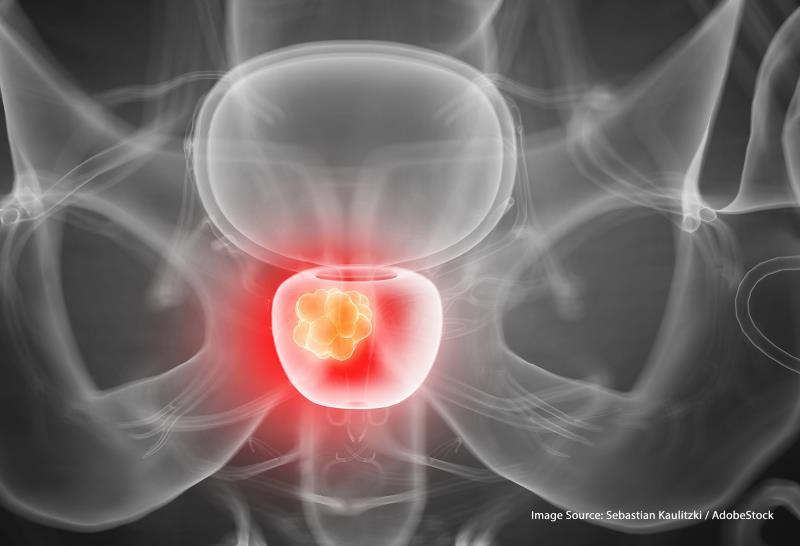
Treatment with focal high-intensity focused ultrasound (FHIFU) for patients with localized clinically significant prostate cancer is effective and safe, demonstrating acceptable oncologic and functional outcomes in the short term as well as minimal complications, according to a study, noting that patient selection is essential.
The investigators obtained data on patients with prostate cancer who underwent primary FHIFU from January 2016 to July 208. All participants underwent a 12-core biopsy with magnetic resonance imaging-ultrasound fusion biopsy depending on the presence of targetable lesions. Only patients with localized disease, regardless of grade group, were eligible.
Oncologic control, defined as negative follow-up in-field biopsy of treated cancer, was the primary outcome. The investigators assessed prostate-specific antigen, Sexual Health Inventory for Men, International Prostate Symptom Score, and Expanded Prostate Cancer Index Composite domain scores every 3 months for 12 months. For high or low/intermediate risk cancer, biopsy was performed at 6 or 12 months, respectively.
The study included 52 patients with minimum follow-up of 12 months, of whom 67 percent had cancer grade group ≥2. Fifteen patients (28.8 percent) underwent complete transurethral prostate resection/holmium laser enucleation for debulking large prostates to prevent postoperative urinary retention.
Thirty patients (58 percent) underwent follow-up biopsies, of whom 25 (83 percent) had negative in-field biopsy results and four (13 percent) had de-novo positive out-of-field biopsy.
Four patients experienced five major complications, all of which were grade 3. Urinary symptoms returned to near baseline questionnaire scores within 3–6 months, and sexual function returned to baseline at 12 months.
“Short-term oncologic outcomes are promising but longer follow-up is required to establish long-term oncologic outcomes,” the investigators said.